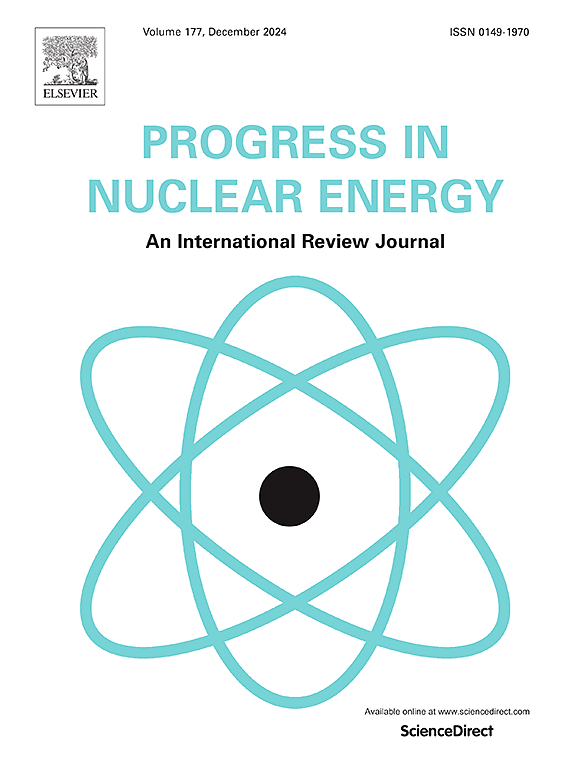The social factors considered in site selection for nuclear power plants: A case study of Borneo Island, Indonesia
IF 3.3
3区 工程技术
Q1 NUCLEAR SCIENCE & TECHNOLOGY
引用次数: 0
Abstract
Many countries choose Nuclear Power Plants (NPPs) as their baseload energy source because they can operate continuously, unaffected by weather fluctuations or other environmental factors. However, NPPs have significant safety risks, primarily related to the potential for radioactive leaks that can threaten human life and the environment. The location of the NPPs is crucial because it can affect the safety and lives of the surrounding population if an incident occurs. This study investigated the integration of the analytical hierarchy process (AHP) and elimination and choice translating reality (ELECTRE) in the decision-making process concerning the location of NPPs, emphasizing social aspects. Ten nuclear experts from Indonesia participated in a focus group discussion (FGD) to justify and validate the selection of seven criteria based on social factors most important by researchers who have published work in international journals. The AHP method concluded that safety was the most crucial criterion, followed by the transportation network and legal considerations. While, for NPPs’ development, the ELECTRE method is recommended by the West Kalimantan province over East Kalimantan. This study introduces a comprehensive framework for multi-criteria decision-making (MCDM) methods that supports consistency analysis and effectively handles uncertainty. This framework can serve as a relevant reference for engineering consultants in addressing MCDM problems. By incorporating social aspects, this study contributes to identifying the optimal location for NPPs in Indonesia.
求助全文
约1分钟内获得全文
求助全文
来源期刊

Progress in Nuclear Energy
工程技术-核科学技术
CiteScore
5.30
自引率
14.80%
发文量
331
审稿时长
3.5 months
期刊介绍:
Progress in Nuclear Energy is an international review journal covering all aspects of nuclear science and engineering. In keeping with the maturity of nuclear power, articles on safety, siting and environmental problems are encouraged, as are those associated with economics and fuel management. However, basic physics and engineering will remain an important aspect of the editorial policy. Articles published are either of a review nature or present new material in more depth. They are aimed at researchers and technically-oriented managers working in the nuclear energy field.
Please note the following:
1) PNE seeks high quality research papers which are medium to long in length. Short research papers should be submitted to the journal Annals in Nuclear Energy.
2) PNE reserves the right to reject papers which are based solely on routine application of computer codes used to produce reactor designs or explain existing reactor phenomena. Such papers, although worthy, are best left as laboratory reports whereas Progress in Nuclear Energy seeks papers of originality, which are archival in nature, in the fields of mathematical and experimental nuclear technology, including fission, fusion (blanket physics, radiation damage), safety, materials aspects, economics, etc.
3) Review papers, which may occasionally be invited, are particularly sought by the journal in these fields.
 求助内容:
求助内容: 应助结果提醒方式:
应助结果提醒方式:


